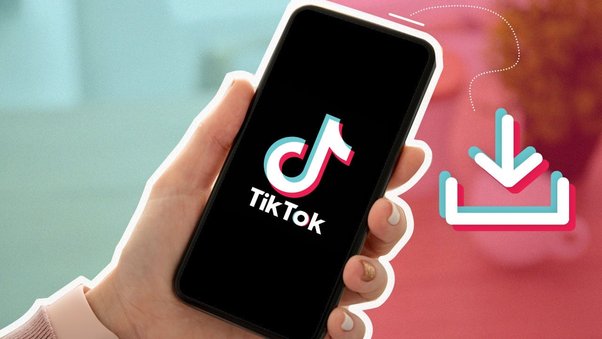In the ever-evolving landscape of social media, TikTok has emerged as a dominant platform, captivating millions with its short-form video content. From viral dance challenges to comedic skits and educational content, TikTok has become a cornerstone of modern internet culture. However, alongside its popularity comes a growing debate surrounding the ethics of accessing and downloading TikTok content through third-party applications and websites.
At the heart of this debate lies the tension between convenience and copyright. TikTok Downloaders, often in the form of websites or applications, allow users to save videos from the platform directly onto their devices, bypassing TikTok’s native download restrictions. While these tools offer convenience by enabling users to access their favorite content offline or share it with friends, they also raise significant ethical concerns regarding intellectual property rights and digital privacy.
One of the primary ethical considerations of TikTok Downloaders revolves around copyright infringement. When users download TikTok videos without proper authorization from the content creators, they may be violating copyright laws. TikTok content is protected by copyright, meaning that reproducing or distributing it without permission constitutes infringement. By using TikTok Downloaders, users may unknowingly contribute to the unauthorized dissemination of copyrighted material, depriving creators of rightful recognition and potential revenue streams.
Furthermore, the proliferation of TikTok Downloaders undermines the platform’s content moderation efforts and Terms of Service. TikTok imposes restrictions on downloading and redistributing its content to maintain control over its ecosystem and protect the rights of content creators. By circumventing these restrictions, users may inadvertently facilitate the spread of inappropriate or harmful content beyond TikTok’s intended audience, potentially exacerbating issues related to cyberbullying, misinformation, and privacy breaches.

Another ethical dilemma posed by TikTok Downloaders pertains to consent and privacy. When users upload content to TikTok, they do so under the assumption that it will be shared within the platform’s confines and subject to its privacy settings. However, the availability of TikTok Downloaders introduces the risk of unauthorized access to and distribution of personal or sensitive content. Creators may feel violated or exploited if their videos are downloaded without their consent and shared on other platforms or with unintended audiences.
Moreover, the use of TikTok Downloaders raises broader questions about the digital economy and the value of creative work. Content creation on TikTok requires time, effort, and skill, yet many creators struggle to monetize their content effectively within the platform’s ecosystem. TikTok Downloaders exacerbate this challenge by enabling users to access content without engaging with TikTok’s built-in monetization features, such as advertising or virtual gifts. As a result, creators may find it even more challenging to earn a living from their creative endeavors, further perpetuating inequities within the digital content landscape.
Despite these ethical concerns, proponents of TikTok Downloaders https://tikd.cc/en/ argue that they serve legitimate purposes, such as archiving content for personal use, educational research, or transformative artistic expression. Additionally, some users may rely on TikTok Downloaders to access content in regions where TikTok is restricted or to preserve videos before they are removed from the platform. However, the ethical implications of these justifications must be carefully weighed against the potential harm caused by unauthorized content distribution and copyright infringement.
In conclusion, the question of whether TikTok Downloaders are ethical is complex and multifaceted. While they offer users convenience and flexibility, they also raise significant moral dilemmas related to copyright, consent, and privacy. As TikTok continues to shape the digital landscape and influence online behaviors, stakeholders must engage in thoughtful dialogue and establish clear guidelines to navigate the ethical challenges posed by TikTok Downloaders. Ultimately, finding a balance between accessibility, accountability, and respect for intellectual property rights is essential to fostering a more ethical and equitable online environment for creators and consumers alike.
